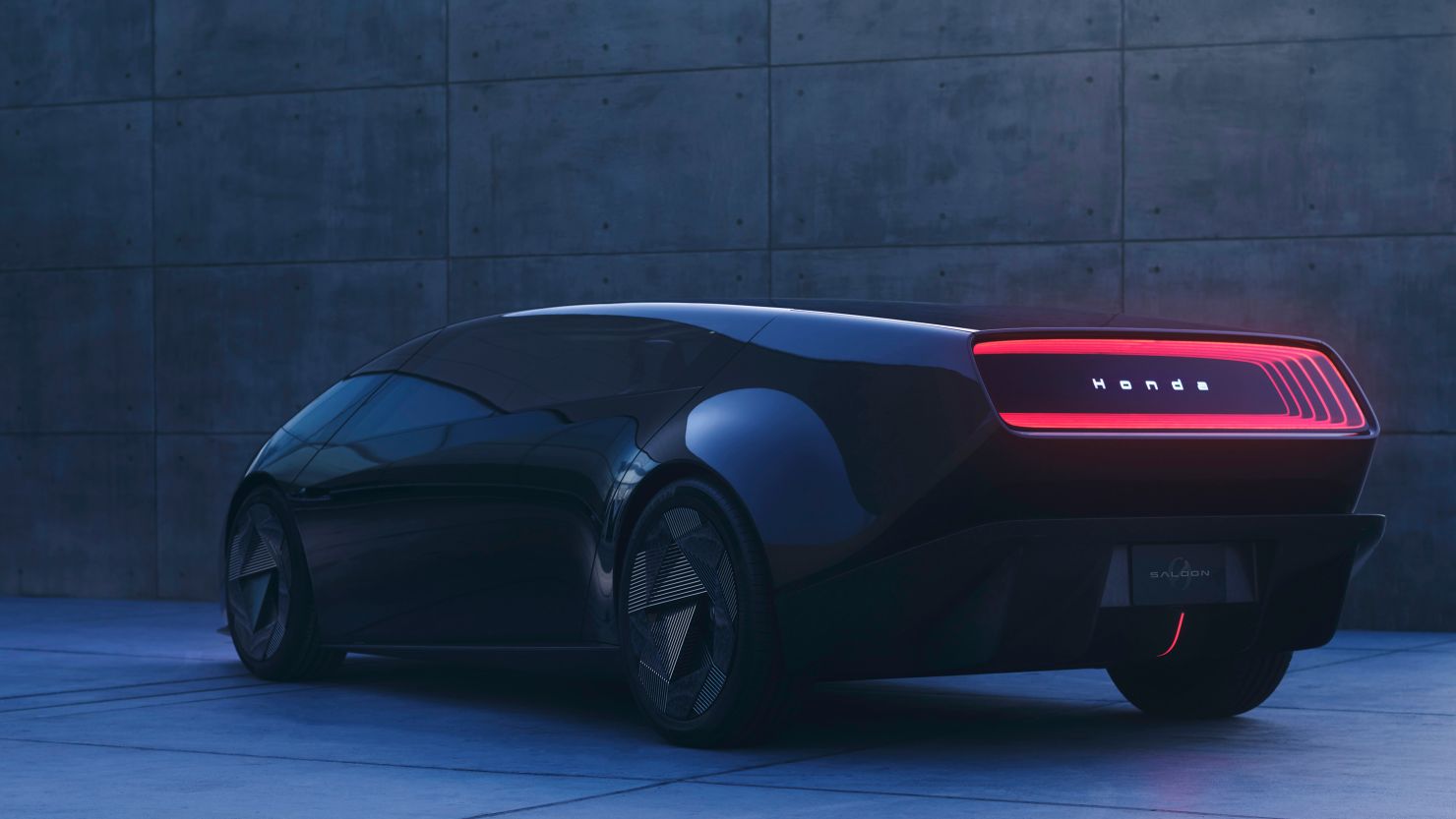CPOpen: Your Gateway to Current Affairs
Stay updated with the latest trends and insights across various topics.
Electric Cars: The Silent Revolution on Wheels
Discover the future of driving with electric cars! Explore the silent revolution transforming our roads and changing our planet.
Understanding Electric Cars: How They Work and Their Benefits
Understanding Electric Cars begins with how they operate. Electric cars function using an electric motor, which is powered by a rechargeable battery pack. Unlike traditional internal combustion engine vehicles that rely on gasoline or diesel, electric cars convert electrical energy into mechanical energy to propel the vehicle. The key components include the battery, which stores energy, and the inverter, which converts direct current (DC) from the battery into alternating current (AC) for the motor. Additionally, many electric cars feature regenerative braking systems that recover energy typically lost during braking, further enhancing their efficiency.
The benefits of electric cars are diverse and impactful. Firstly, they produce zero tailpipe emissions, significantly reducing pollution and contributing to cleaner air in urban areas. Secondly, electric vehicles (EVs) are often less expensive to operate than their gasoline counterparts due to lower fuel and maintenance costs. According to studies, EV owners can save an average of thousands of dollars annually. Thirdly, as the technology advances, the range and charging infrastructure for electric cars continue to improve, making them a more practical choice for everyday commuting. In summary, switching to electric vehicles not only enhances personal savings but also promotes environmental sustainability.

The Future of Transportation: Are Electric Cars Really the Answer?
The rapid evolution of technology has brought electric cars to the forefront of discussions about sustainable transportation. Electric vehicles (EVs) are often celebrated for their potential to reduce greenhouse gas emissions and combat climate change. However, the question remains: are they really the answer? While EVs offer several advantages, such as lower operating costs and fewer moving parts leading to reduced maintenance, they also come with challenges that must be addressed to ensure a truly sustainable future. For instance, the environmental impact of battery production and the sourcing of raw materials like lithium and cobalt poses a significant concern.
Moreover, the infrastructure for charging electric cars still lags behind traditional fuel stations, making widespread adoption a practical challenge for many consumers. As we look toward the future, it becomes essential to consider a multifaceted approach to transportation solutions. This could include investments in public transport systems, advancements in battery technology, and explorations of alternative fuels. In this era of innovation, focusing solely on electric cars may not be sufficient; rather, we need to embrace a diverse range of sustainable transport options to address the complexities of our mobility challenges.
Myths vs. Facts: Debunking Common Misconceptions About Electric Vehicles
Myth: Electric vehicles (EVs) are not environmentally friendly because their production is harmful to the planet. Fact: While the production of EVs does have an environmental impact, numerous studies show that over their entire lifecycle, electric vehicles generate significantly lower greenhouse gas emissions compared to traditional gasoline cars. In fact, EVs can reduce CO2 emissions by up to 70% when charged with clean energy sources. Additionally, as battery technology advances and the electric grid becomes greener, the environmental benefits of EVs will continue to increase.
Myth: Electric vehicles have limited range and are not suitable for long trips. Fact: The range of electric vehicles has improved drastically in recent years, with many modern EVs capable of traveling over 300 miles on a single charge. Furthermore, the proliferation of fast-charging stations makes it easier than ever to take road trips in an EV, allowing drivers to recharge their vehicles quickly and conveniently during their travels. In many cases, this makes driving an electric vehicle not only feasible but also enjoyable for longer journeys.